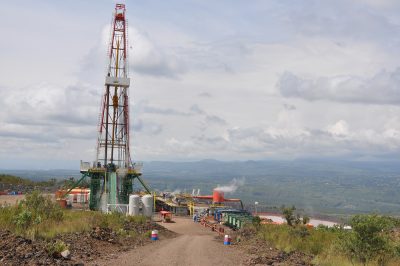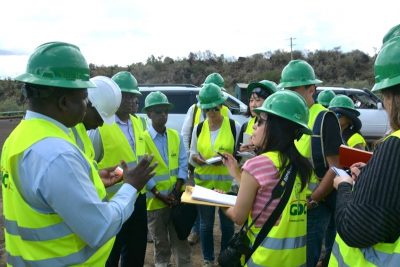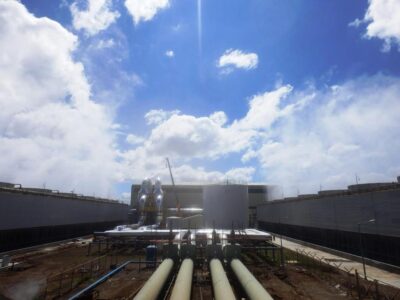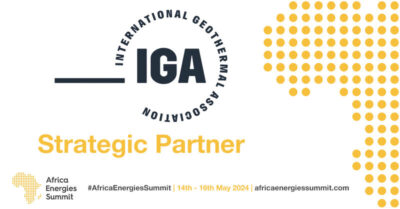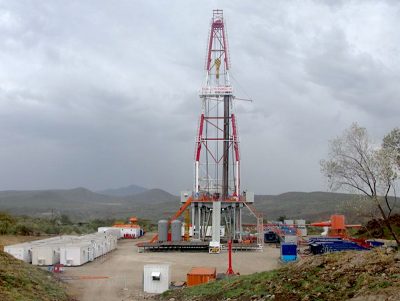Tanzania to benefit from geothermal training in Kenya
The United Nations Environment Programme (UNEP) has agreed to pump funds for the construction of the geothermal training centre that will be used as a training hub for geothermal experts from ARGeo member countries.
As a member of the African Rift Geothermal Development Facility (ARGeo), Tanzania is expected to benefit from the proposed geothermal training and research centre that is to be built in Nakuru, Kenya.
Chief Executive Officer at the Geological Survey of Tanzania (GST) Abdulkarim Mruma, made the remark over the weekend when speaking at the just concluded 5th African Rift Geothermal Conference (ARGeo-C5).
He said the United Nations Environment Programme (UNEP) has agreed to pump funds for the construction of the geothermal training centre that will be used as a training hub for geothermal experts from ARGeo member countries.
“The centre is expected to provide a platform for experts in the energy sector to exchange views and experiences,” he said.
“Tanzania stands to benefit a lot from the proposed geothermal centre taking into account that there are 50 potential geothermal energy sites yet to be explored,” he added.
According to the GST boss, during the meeting, an online geothermal database was launched to be used for record keeping and statistics analysis of geothermal activities and research findings and will be shared by all ARGeo member countries.
During the meeting, countries also agreed to come up with inclusive approach with the private sector playing a key role in harnessing the energy.
“Countries also agreed to come up with common policies and laws to govern the geothermal sector,” Prof Mruma noted.
“It is our hope that if all these are implemented, our countries will develop their geothermal energy production capacity but governments must be serious when it comes to investing in the sector because the initial investment is big, though running cost remains low,” he added.
Source: The Guardian via IPP Media







